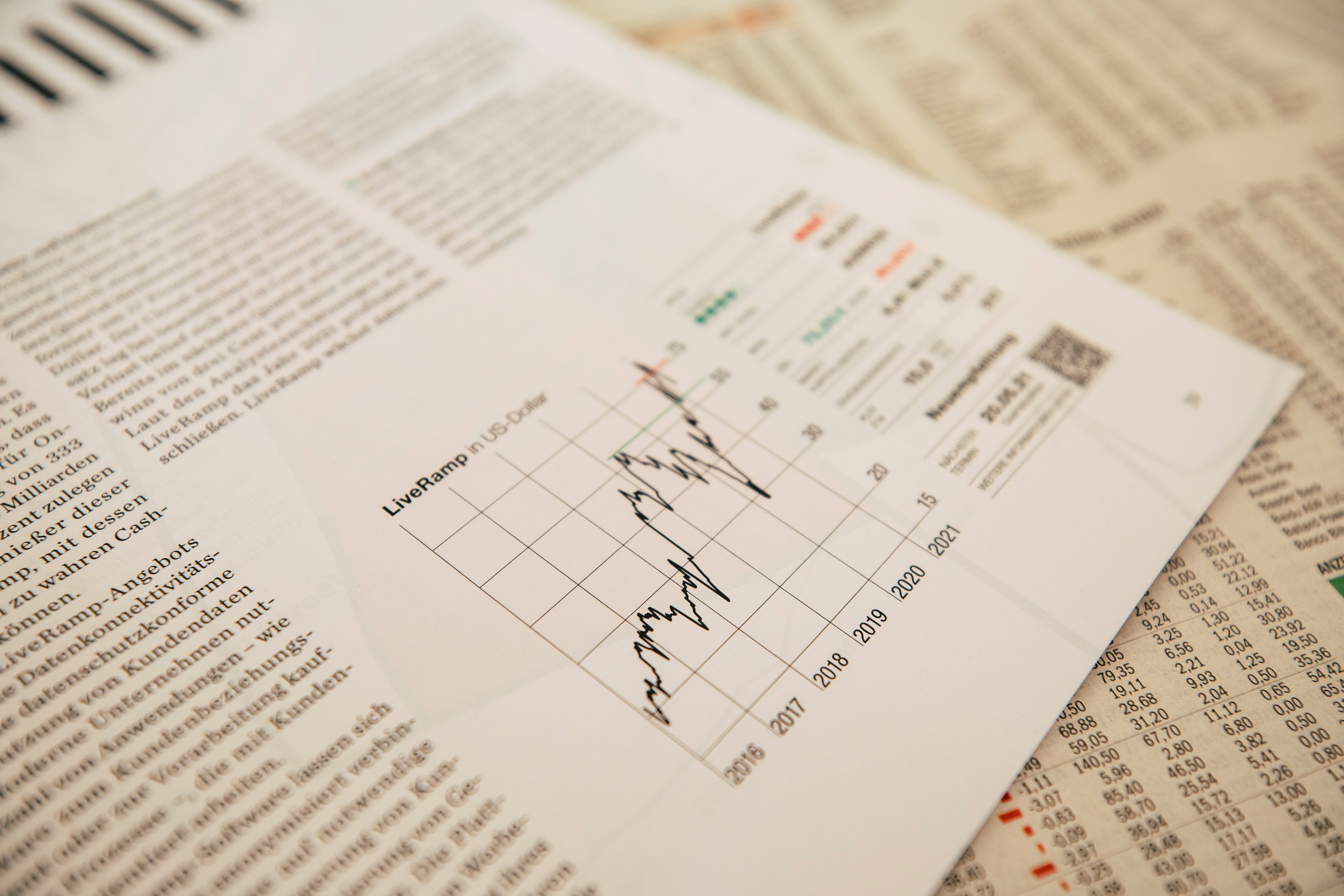EQUITIES
Asia-Pacific markets were lower on Friday, with stocks in Japan and South Korea leading losses regionally. Japan’s Nikkei 225 and South Korea’s KOSPI fell around 1.5%, and Australia’s ASX 200 slipped 0.95%. Hong Kong’s Hang Seng index declined 1.03%, while mainland Shanghai composite shed 0.60%.
In Southeast Asia, Singapore’s FTSE Straits Times Index bucked the overall trend, traded 0.38% higher.
Overnight, the Wall Street struggled as a rebound in tech stocks faded, erasing gains from earlier this week, with Nasdaq's 2.5% drop leading the losses. Nasdaq Composite fell to 14,806.81, the Dow Jones Industrial Average fell 0.49%, to 36,113.62, the S&P 500 lost 1.42%, to 4,659.03.
OIL
Oil prices edged lower as investors took profits after two days of gains, though the losses were partly offset by hopes of strong demand in a tightly supplied market over the longer term.
Nevertheless, both benchmarks are set to climb for a fourth week in a row, supported by supply concerns in Libya and Kazakhstan and a drop in U.S. crude inventories to 2018 lows. Some investors are also optimistic that Omicron's impact on the global economy and oil demand will be short-lived.
The Brent now traded at $84.40 per barrel, and U.S. crude futures traded at $81.90 per barrel.
Overnight, the Brent futures ends at $84.47 a barrel, while the WTI crude oil prices closed to $82.12 per barrel.
CURRENCIES
The yields on 10-year U.S. Treasury notes were at 1.724%, slowly creeping up to Monday's near two-year highs, signalling investors' preference for the safety of government debt over volatile technology and growth stocks.
The dollar index continuing its slide since beginning of the week, hovering above a two-month low of 94.660 hit on Thursday, last at 94.697 on Friday.
Meanwhile, South Korea’s central bank raised its benchmark rate by 25 basis points to 1.25%, the highest since March 2020 and taking it back to where it was before the pandemic.
Elsewhere, Turkish President Recep Tayyip Erdogan pledged to bring down his country’s soaring inflation, which hit 36% in December, as the country’s central bank geared up for another rate-setting meeting next week.
GOLD
Gold prices were a shade firmer, though still weighed down by the prospect of rising rates. Spot gold rose 0.20% to $1,825.80 per ounce, still below its January peak at $1,831. U.S. gold futures added 0.25% to $1,826.00.
Spot silver was up 0.16% to $23.00 an ounce, platinum added 0.14% to $973.60, while palladium shed more than 1% to $1,869.00.
ECONOMIC OUTLOOK
Asian share markets tumbled on Friday, as investors are still digesting and are uncertain on the pace of the potential interest rate hikes in the U.S.
A drumbeat of hawkish remarks from Federal Reserve officials likely solidified expectations that U.S. interest rates could rise as soon as March, leaving markets braced for tighter monetary conditions.
Fed Governor Lael Brainard became the latest and most senior U.S. central banker on Thursday to signal that rates will rise in March to combat inflation. Meanwhile data from the U.S. Labor Department on Wednesday showed the CPI surged 7.0% in December, posting its biggest year-on-year increase in nearly four decades.
China’s exports grew slightly more than expected in December, while imports rose less than expected, according to customs data released Friday. Exports rose by 20.9% YoY, while imports grew by 19.5%, missing expectations of a larger increase.
U.S. companies are due to report results on the Q4 2021 in the coming weeks with banks JPMorgan Chase, Citigroup and Wells Fargo set to start the ball rolling on Friday, while big technology companies report next week. Year-over-year profit growth for S&P 500 companies is expected to be lower in the fourth quarter than it was in first three quarters of 2021 but still strong at 22.4%, according to IBES data from Refinitiv.













